Driver Drowsiness Detection using SVM-FA and Cascade Classifiers
Problem Definition
Problem Description: The problem addressed in this project is the increasing number of traffic accidents caused by driver fatigue. Fatigue poses a real danger on the road as it impairs a driver's reaction time and ability to analyze information, leading to potentially hazardous situations. This project aims to develop an efficient and nonintrusive system for monitoring driver fatigue by detecting yawning behavior. By utilizing a combination of SVM and Firefly algorithms, the system will be able to accurately detect yawning movements in order to alert the driver of potential fatigue. By implementing this system, the safety of drivers and other road users can be greatly improved by mitigating the risks associated with driver drowsiness.
Proposed Work
The research project titled "Yawning detection for Driver Drowsiness measurement using SVM-FA algorithm" focuses on addressing the issue of driver fatigue as a leading cause of traffic accidents. The proposed system utilizes yawning extraction as a nonintrusive method for monitoring driver fatigue. Support Vector Machine (SVM) is employed to train mouth and yawning images, while Firefly Algorithm (FA) is used to optimize SVM parameters for improved system efficiency. The fatigue detection process involves cascade classifiers to detect the mouth from face images, followed by SVM classification to identify yawning and alert the driver of potential fatigue. This work falls under the categories of Image Processing & Computer Vision and Optimization & Soft Computing Techniques, specifically in the subcategories of Swarm Intelligence, Image Classification, and Real Time Application Control Systems.
The modules used for this research include Basic Matlab and Support Vector Machine.
Application Area for Industry
The project focusing on yawning detection for measuring driver drowsiness using SVM-FA algorithm has applications in various industrial sectors where driver fatigue can pose a significant risk. Industries such as transportation, logistics, mining, and manufacturing rely heavily on drivers/operators who are prone to fatigue due to long working hours and monotonous tasks. By implementing the proposed system in vehicles or at workplace control systems, the risk of accidents caused by drowsy drivers can be significantly reduced. The system's ability to accurately detect yawning behavior and alert the driver in real-time can help prevent potential hazards on the road or in industrial settings. The benefits of this solution include improved safety for drivers, reduced accidents, and increased productivity in industries where operator alertness is crucial.
This project's proposed solutions can be applied within different industrial domains to address the specific challenges they face in terms of driver fatigue. For example, in the transportation sector, where driver fatigue is a common cause of accidents, implementing this system can help companies ensure the safety of their drivers and cargo. In the mining industry, where heavy machinery operators are at risk of accidents due to fatigue, the system can help monitor their alertness levels and prevent potential disasters. By utilizing image processing and soft computing techniques, the system can provide real-time monitoring of driver fatigue, leading to a safer work environment and increased efficiency in various industrial sectors.
Application Area for Academics
This proposed project offers significant value to MTech and Ph.D. students as it addresses a pressing issue in traffic safety by developing a nonintrusive system for monitoring driver fatigue through yawning detection. By utilizing a combination of SVM and Firefly algorithms, this project provides an innovative approach to accurately detect yawning movements and alert drivers of potential fatigue, ultimately enhancing road safety. MTech and Ph.
D. students can leverage this project for research by exploring advanced image processing and computer vision techniques, as well as optimization and soft computing methods. The project's focus on swarm intelligence, image classification, and real-time application control systems offers a rich ground for innovative research methods, simulations, and data analysis for dissertations, theses, or research papers in the field of transportation safety and driver behavior analysis. By utilizing the code and literature from this project, researchers can advance their understanding of fatigue detection technologies and contribute to the development of more effective systems for preventing traffic accidents caused by driver drowsiness. Future research directions could include exploring additional machine learning algorithms, enhancing system robustness, and integrating real-world testing scenarios to further improve the system's effectiveness in detecting and preventing driver fatigue-related accidents.
Keywords
driver fatigue, traffic accidents, yawning detection, SVM, Firefly algorithm, monitoring system, driver drowsiness, reaction time, information analysis, hazard alert, safety improvement, drowsiness risk mitigation, yawning behavior, nonintrusive method, support vector machine, optimization algorithm, image processing, computer vision, soft computing techniques, swarm intelligence, image classification, real-time application control systems, Matlab, yawning extraction, cascade classifiers.
| Shipping Cost |
|
No reviews found!






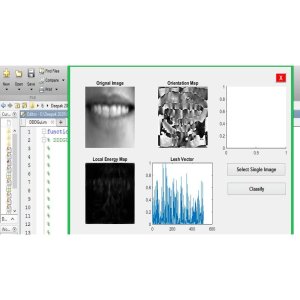
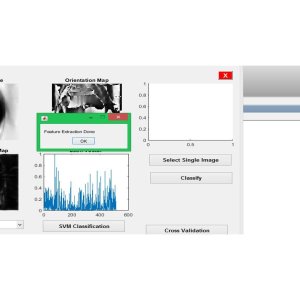












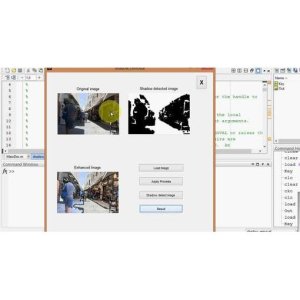
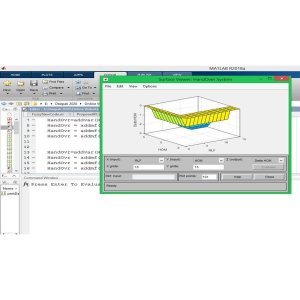
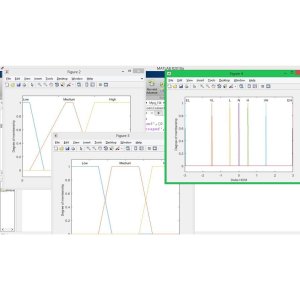
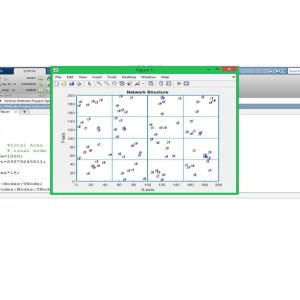
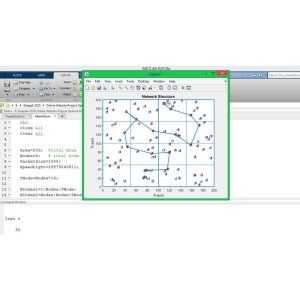
































No comments found for this product. Be the first to comment!